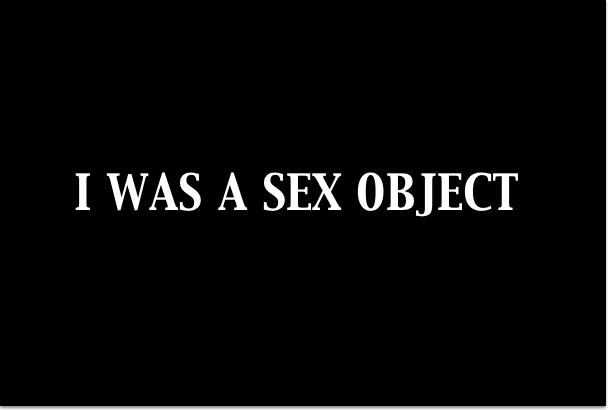
Democrats Abroad Japan Kanto Chair, Linda Gould shares her own #metoo story of her experiences as a fashion model.
For years my husband would tell me how unfair it is that he married a fashion model and couldn’t brag about it.
You see, after I quit modeling, I rarely told anyone. If they asked how I was able to travel around the world, I would tell them I just bummed around or worked under the table.
Why would I be so reluctant? Because fashion models have a stereotype of being stupid. After spending ten years of having every aspect of my face and body scrutinized for the smallest flaw, I wasn’t confident enough in my own capabilities to be able to counter the stereotype.
But I’m coming clean now because I realize there is another reason for my reluctance to admit being a model. Everyone knows the stereotype of actresses sleeping their way to the top. Well, there is no industry like the fashion industry for sexualizing women, both in front of the camera and behind it. And if the film and TV industry is having its moment of comeuppance, then the fashion industry should do the same. Now. Today.
In the ten years that I modeled, I was groped, kissed and fondled incessantly. I had one photographer press his erection on me and tell me, “Imagine this was inside you. That’s what I’m looking for.”
And that wasn’t porn. It was a standard fashion shoot. That particular incident was unusual, but less aggressive assaults were the norm. You just learn to deal with it, laugh it off, and move away.
Models are invited as eye candy to the best parties where musicians, actors, socialites, and hangers-on are invited. Add drugs and alcohol, and you can guess the result.
During photo shoots, models are posed in the most sexualized positions you can imagine (and many that you, if you are a woman, probably wouldn’t imagine). And since many women are so very young, it is not surprising that they are taken advantage of by the people in the industry. Who? Photographers, assistants, advertising staff, special effects engineers… Well, those were just the ones who tried to take advantage of me.
When the industry looks the other way, I imagine others further down the ladder are prone to the same behavior.
But it wasn’t only fondling and groping. I knew women who were raped by photographers, although back then, we didn’t call it that. We wondered what we had done wrong to allow it to happen.
I was lucky, though. Although some situations were more tricky than others, sex was never forced upon me. And I met some of the most amazing photographers who are still friends today. The others? I have forgotten them, dismissed them, and they likely have no recollection of me, because the next day or at the next party, there were many more beautiful models, more vulnerable young women to choose from.
So, I hope that somewhere out there today, there are models willing to come forward with their #MeToo stories about the fashion industry. It is time to bring to light the dark side of the images that grace our magazines and billboards. Does anyone really believe that an industry that sexualizes women when advertising virtually every product would be a standard-bearer of virtuous behavior? It isn’t.
Maybe, just maybe, by revealing how vulnerable women are in the fashion industry, not only will it remove women from potential predators, maybe it will also change how fashion portrays women. Perhaps we can even stop being sex objects.
By Linda Gould, JAN 20, 2018


